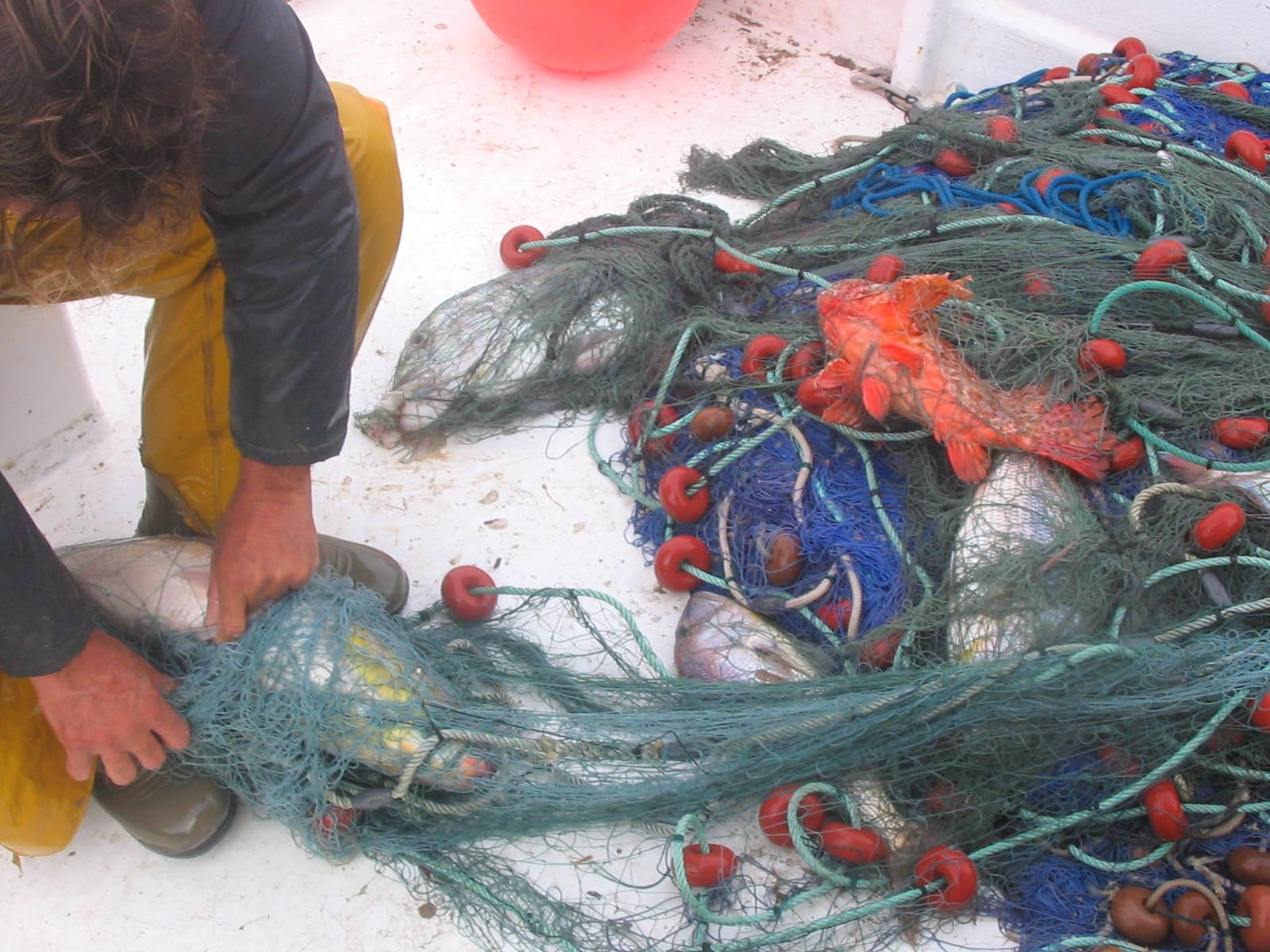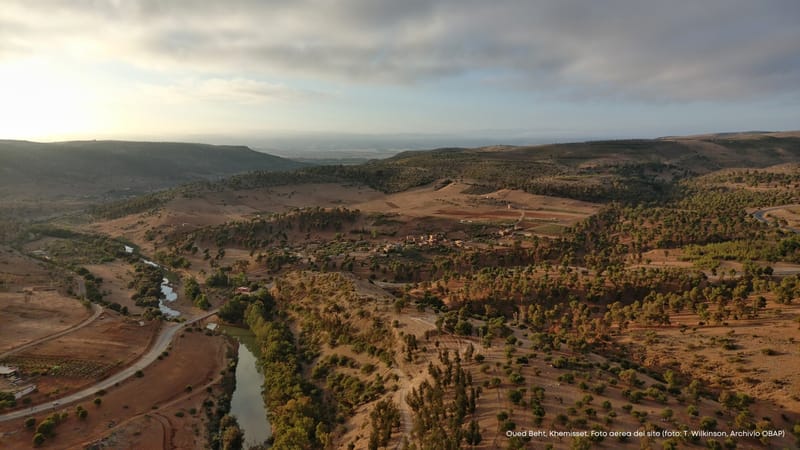There's a problem: we've already run out of 2024 fishery resources for the Mediterranean
In the Mare Nostrum, 58 percent of fish stocks are overfished. Promoting Responsible Consumption is key to reducing fishing pressure and supporting also and a marine ecosystem more resilient to climate change
From July 8-12, the 36th edition of the FAO Committee of Fisheries (COFI), the most important global intergovernmental forum where FAO member countries meet to discuss issues affecting fisheries and aquaculture, will take place in Rome. WWF, through its Our Future campaign, recalls that this event coincides with the anniversary of the "Fish Dependence Day", that moment whenEurope depletes virtually the equivalent of its annual domestic production of fish, shellfish and crustaceans . With as much as 58 percent of fish stocks overfished, the Mediterranean is the second most overfished sea in the world (compared to 37.7 percent of overfished fish stocks globally), conditions exacerbated by the other impacts to which the marine ecosystem is subject, primarily climate change.
If in the first six months of the year we had consumed only resources from our own seas, from July to the end of the year these would no longer be available, and Europe would have to resort to imports to support growing consumer demand. In fact, European demand for fish products is too high: each European citizen consumes an average of about 24 kilograms of fish per year, and Italians exceed the average with their 31.21 kilograms of fish per capita per year. In Italy, Fish Dependence Day shows the devastating impact of overconsumption on Mediterranean fish stocks, with ever-increasing consumer demand, especially in the summertime, fueling overfishing. Species most affected include hake, sardine, shrimp (purple and pink) and mud mullet. This situation is further exacerbated by illegal, unreported and unregulated (IUU) fishing, which puts marine ecosystems and local economies at risk. Therefore, WWFrichiamakes attention to the importance of responsible seafood consumption behaviors.
Adding to human actions is another element that is increasingly being felt. The climate crisis puts as much as half of the world's fish production at risk, with serious consequences for small fishing communities. Ocean warming is reducing fish populations, with some tropical areas likely to see declines of up to 40 percent by 2100. Even in our seas, climate change is causing effects such as: the tropicalization of the sea, with native species being forced to move away as temperatures rise and make way for invasive species (nearly 1.000 new invasive species, including 126 fish species, have entered the Mediterranean, causing reductions in native species of up to 40 percent in some areas, due to competition or predation); jellyfish blooms, caused by a mix of factors including the eutrophication of the sea and the reduction of fish stocks; and the decrease in CO2 storage capacity due to the reduction of posidonia seagrass beds. Impacts analyzed in depth within the report launched last month by WWF, "The Breath of the Oceans."
"Scientific evidence confirms how by increasing protection in key areas of the Mediterranean, marine habitats could recover, key fish stocks be rebuilt and we could better combat the impact of climate change- says Giulia Prato, WWF Italy's Sea Manager. But reducing our fish consumption, especially of the most overfished species, by diversifying our seafood choices is also key to countering overfishing, encouraging the transition to more sustainable fisheries and supporting marine ecosystem resilience. WWF Italy calls on consumers to make responsible consumption choices as a contribution to the goals of conserving and protecting our seas. Buy adult, local and seasonal fish, better yet, choose uncommon species, avoiding the most overexploited ones, so as to balance the pressure on marine resources, supporting the maintenance of marine biodiversity and the regeneration of fish stocks."
Checking the label of the fish you want to buy is essential; verifying the origin and method of capture, and directing your choice toward stocks in good condition and less impactful fishing practices, allows you to move market supply toward more sustainable fisheries. In this context, it is crucial to accompany fisheries towards a path of sustainability, traceability and transparency. WWF promotes a more sustainable fishery across the board, working with local fishermen, researchers, authorities and the supply chain so that more ecologically and socio-economically sustainable fisheries are practiced, with better valorization of seafood products on the market and diversification of activities, and has made available to consumers a guide to help with the purchase of fish, precisely on the evaluation of these parameters, and also promotes education and awareness through an interactive game that explores the consumption of seafood and its impacts on the climate. To learn more, but also to have some fun exploring the effects of your choices on CO2, you can visit WWF Finprint.
[c.s.]







